Resources for Teachers of Aboriginal Students
Fern Perkins coordinates the Métis Education Enhancement Program for the Métis Nation of Greater Victoria and has taught Indigenous Education at...
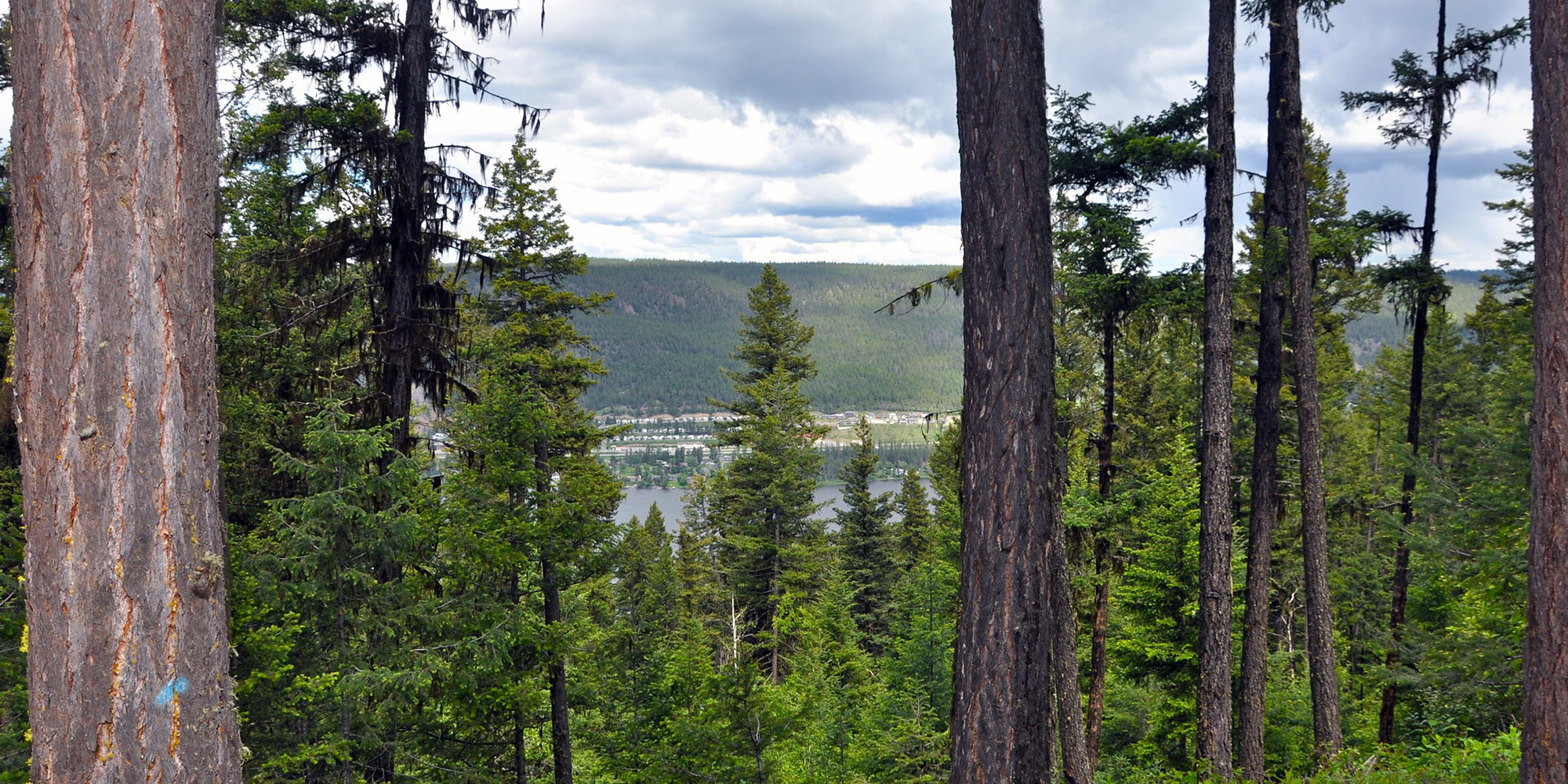
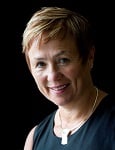 DeDe DeRose is Secwepempc and a member of the Esketemc First Nation near Williams Lake. She graduated from the Native Indian Teacher’s Education Bed Program (NITEP) in 1981, received a Diploma in Education in 1990 and completed the Ts”kel Masters Program at UBC in 1993. Since graduating, her priority in schools, the district and the province has been to advocate for improvement in Aboriginal education. She has served as principal in Kamloops/Thompson School District for the last 19 years. During her career, DeDe has advocated for the inclusion of Aboriginal languages, cross-curriculum inclusion of Aboriginal history and culture, and genuine involvement from parents, caregivers and communities in her schools. DeDe believes that for the Ministry of Education to listen to lobbying from the Aboriginal communities and agree that there needs to be a Superintendent of Achievement is both positive and proactive. She is extremely honoured to be that person and is excited about the challenges that lie ahead on this uncharted course.
DeDe DeRose is Secwepempc and a member of the Esketemc First Nation near Williams Lake. She graduated from the Native Indian Teacher’s Education Bed Program (NITEP) in 1981, received a Diploma in Education in 1990 and completed the Ts”kel Masters Program at UBC in 1993. Since graduating, her priority in schools, the district and the province has been to advocate for improvement in Aboriginal education. She has served as principal in Kamloops/Thompson School District for the last 19 years. During her career, DeDe has advocated for the inclusion of Aboriginal languages, cross-curriculum inclusion of Aboriginal history and culture, and genuine involvement from parents, caregivers and communities in her schools. DeDe believes that for the Ministry of Education to listen to lobbying from the Aboriginal communities and agree that there needs to be a Superintendent of Achievement is both positive and proactive. She is extremely honoured to be that person and is excited about the challenges that lie ahead on this uncharted course.
DeDe recently took time from her extremely busy schedule to answer a few questions for workingeffectivelywithaboriginalpeoples.com
What are your top priorities in this newly created role?
First, I want to work with school districts and Aboriginal communities to improve Aboriginal student achievement so that it is at least at par with non-Aboriginal students. Second, I want to assist districts in closing the gap. And I want to work with districts to ensure that Aboriginal students feel welcome and valued. If students feel that they are culturally safe then they will feel comfortable sharing our Peoples history, language, culture and contributions freely in a meaningful, safe, respectful environment.
What advice can you offer teachers to help them connect with Aboriginal students?
When teachers are new to a community they need to contact the person within the school district who is responsible for Aboriginal student education. They also should speak with the community contact (band office, friendship centre etc.) who will inform them of the local Aboriginal protocols and history of the community. Even if there are no Aboriginal students in their class, it is important that teachers ensure that the local culture is shared with students throughout the curriculum.
As all communities in the province are on the traditional territory of a Nation, I suggest that teachers in urban areas contact the First Nation on whose territory they are teaching. Other resources are friendship centres and urban Aboriginal organizations.
Teachers need to go into the community and attend community events; they need to understand the importance and feel valued when they are invited to attend cultural events. These opportunities will help them begin to build a positive and respectful relationship with their students, their families, and their community.
If urban Aboriginal students are participating in cultural events put on by Aboriginal organizations, it is important for teachers to attend, and if invited, to participate. It serves the teachers and administrators well to see their students participating, and to learn what engages and interests them. In rural areas, hunting and fishing are sometimes activities children do with their families. In an effort to get to know their students, it is beneficial to consider attending, and, if comfortable, participating.
Will ministry changes to curriculum be tailored to meet the needs of urban Aboriginal students and those in on-reserve schools?
Yes, I believe the proposed changes to the curriculum will meet the needs of all Aboriginal students because the programs will be tailored and driven by students and communities, and will no longer be curriculum driven. This approach allows students, whether in a band, rural or public school to bring what they have learned from their community, their reserve, family and culture to school. It is designed to consider what students arrive at school knowing, and taking them forward to support their true needs and abilities to where they, and their families, want them to go. The biggest reason that developing curriculum this way is going to be a success is because at every stage everyone - students, parents, community members, educators, band representatives - have had an opportunity to contribute and design.
What is the significance of the recently introduced requirement for teacher candidates in BC to take Aboriginal education courses?
I sat on the Teacher Regulation Branch for eight years and as an Aboriginal educator, this was the single most important event for future educators, Aboriginal learners and all learners. This year, for the first time, all Bachelor of Education programs in the province must provide a mandatory course on Aboriginal education. The intention is that these courses will be developed in close consultation with local Aboriginal communities to ensure the information they are teaching is accurate. I am hopeful that there will be considerations of including Metis and Inuit People as well. I am also hopeful that these programs will include a rural and urban component in order to inform teacher candidates of either the ruralness or the urbanness of their students. Additionally, I hope the course raises the awareness of the teacher candidates of the rich diverse Aboriginal population in BC.
Is there a parallel requirement for in-service teachers?
There are professional development opportunities on Aboriginal education. Their focus, however, varies from district to district. I would like to share this personal example: I was recently invited by a school district to attend a Cultural Camp in a local First Nation. The community welcomed practising teachers, social workers, counsellors, the RCMP, administrators and district administrators to their community. We were bussed out to the community, were given a tour of health centre and band office, learned about the contemporary challenges in the community, and then attended a traditional ceremony. The Chief spoke passionately to the educators about the importance of teachers to her community; she thanked them for helping prepare the students to become contributing members of their community and of the larger society. We then had a traditional meal and were honoured with a traditional song and each of us was brushed with boughs. I expect that day will be long remembered by the attendees as both moving and meaningful. That is just one example of the good things that are going on in the province.
You sound very passionate about your new role.
I am and I want to thank you for the opportunity to share my passion with your readers.
If education is your area of specialty, here's an article you may enjoy on creating an inclusive classroom.
Featured photo: Williams Lake. Photo: Christine Alder, Flickr
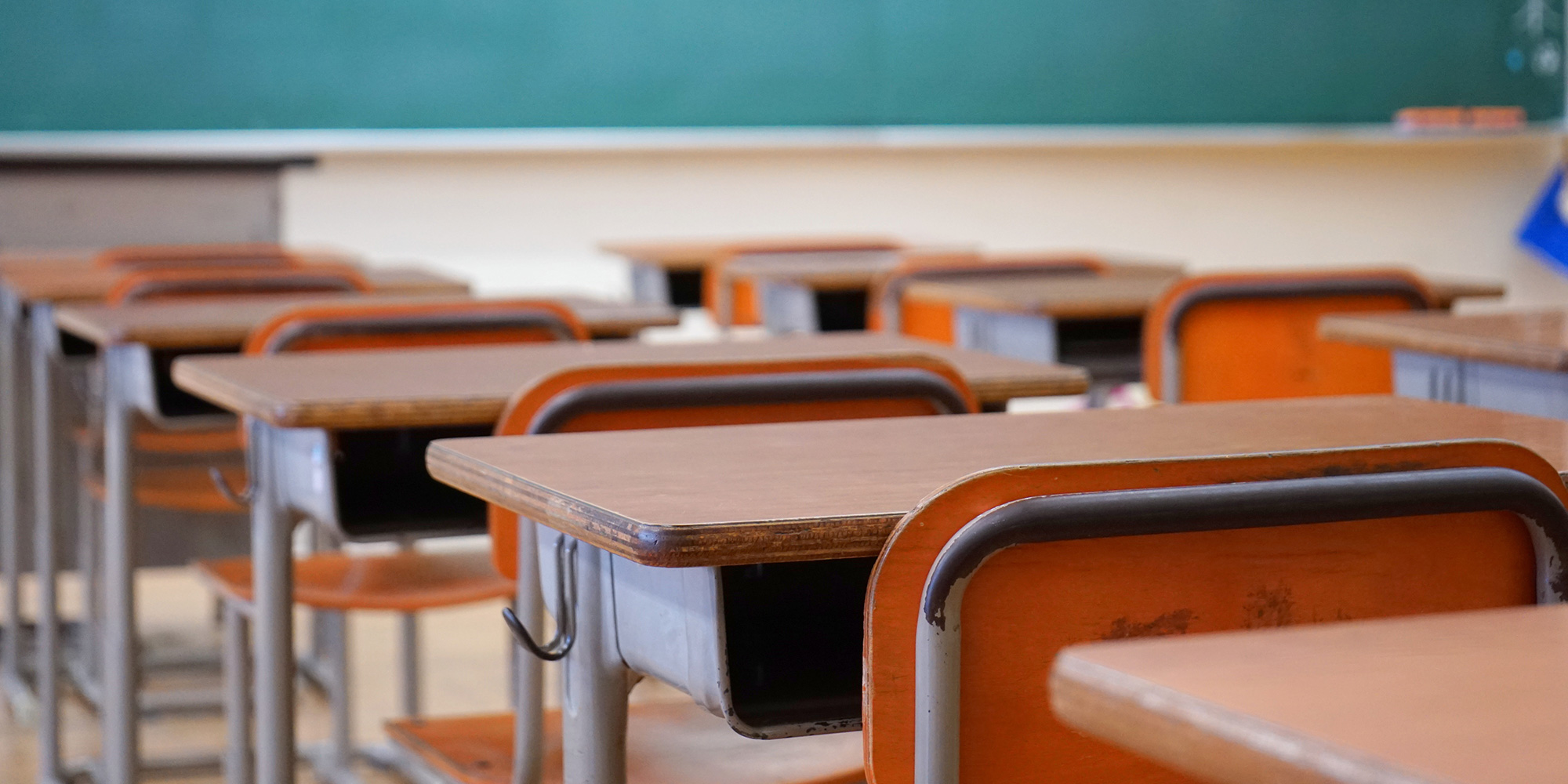
Fern Perkins coordinates the Métis Education Enhancement Program for the Métis Nation of Greater Victoria and has taught Indigenous Education at...
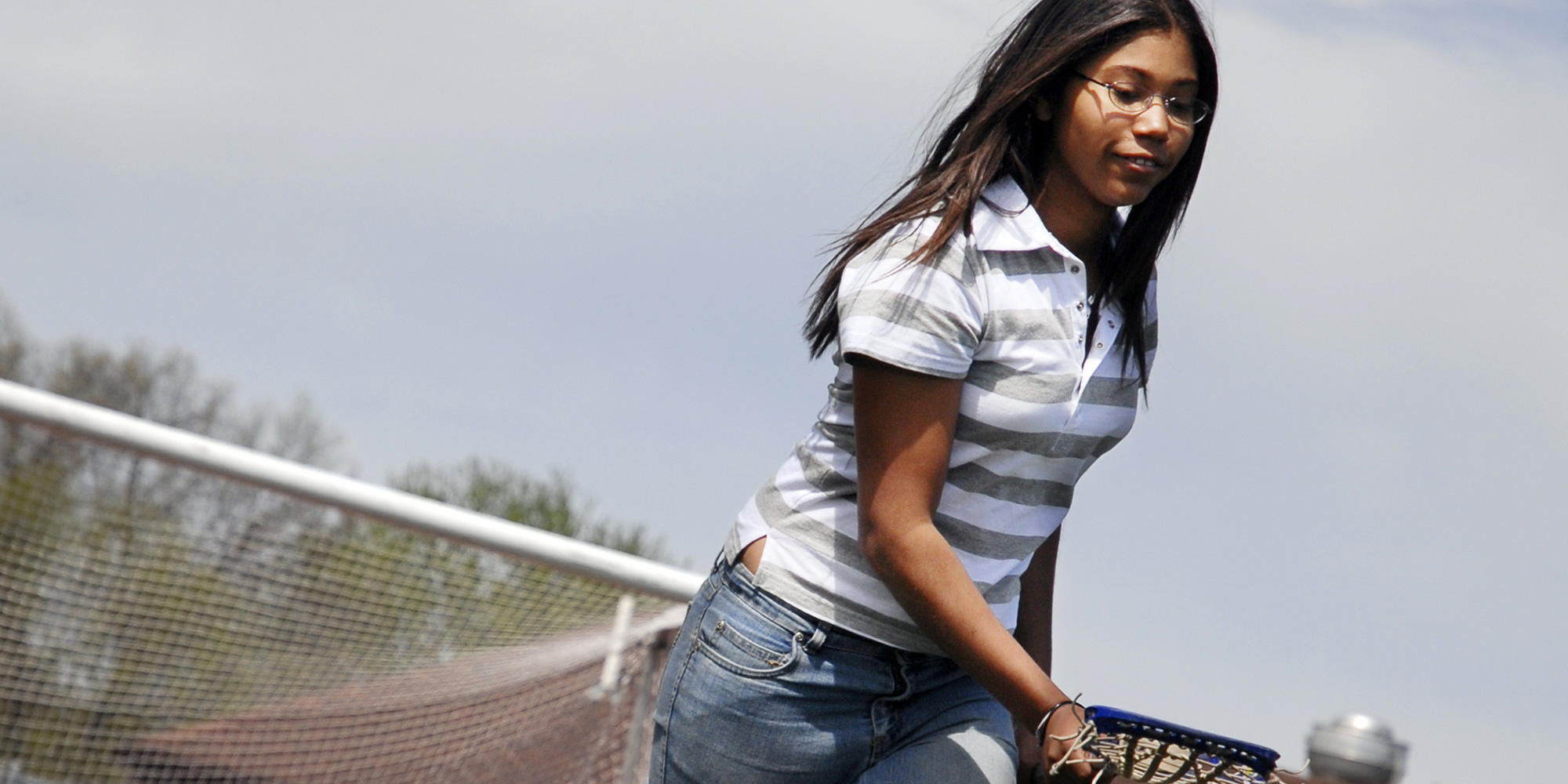
The pedagogical challenge of Canadian education is not just reducing the distance between Eurocentric thinking and Aboriginal ways of knowing, but...
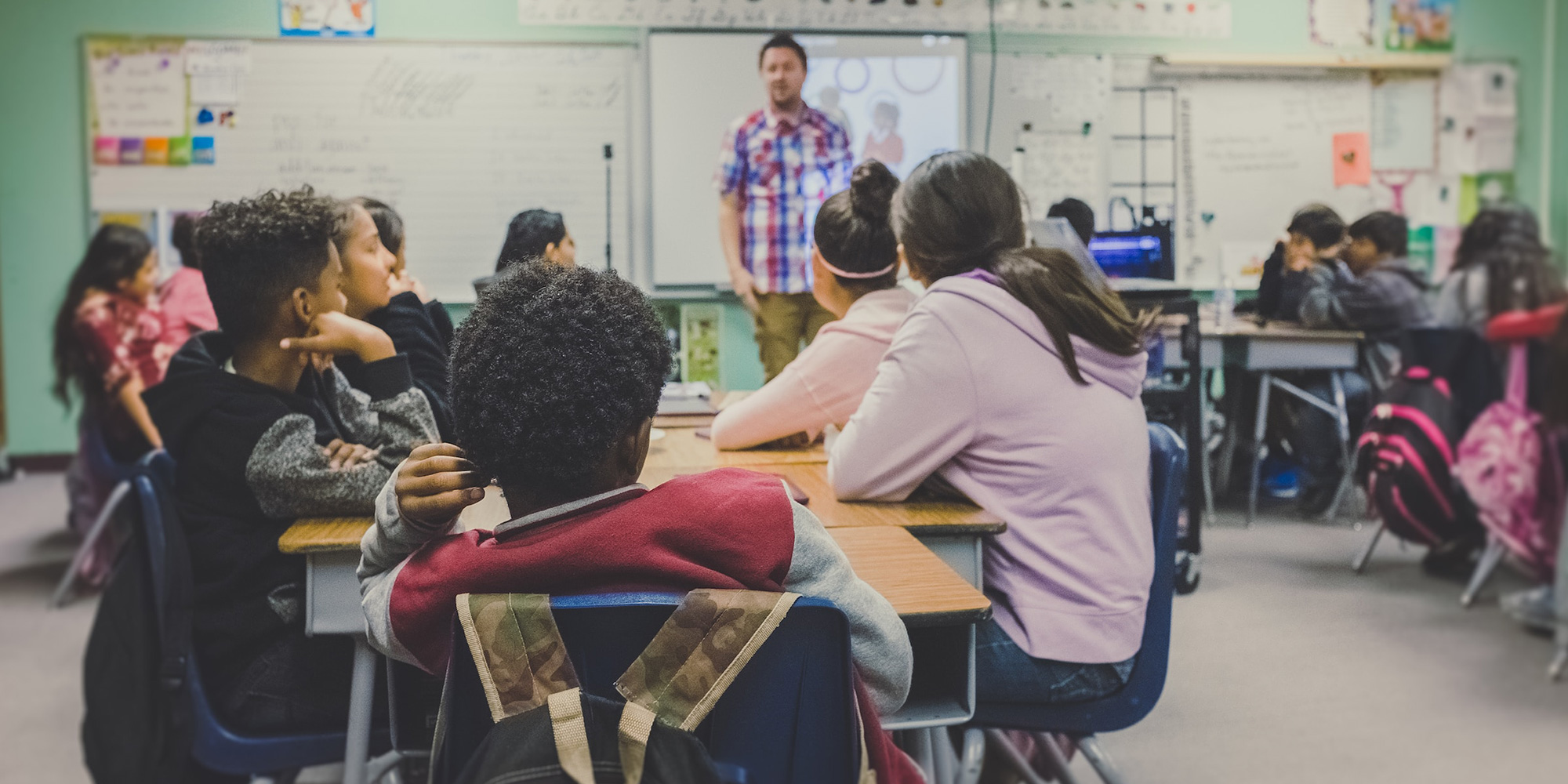
All Classrooms can benefit from strategies that promote equity and diversity. Educators can promote cultural awareness in their classrooms by...